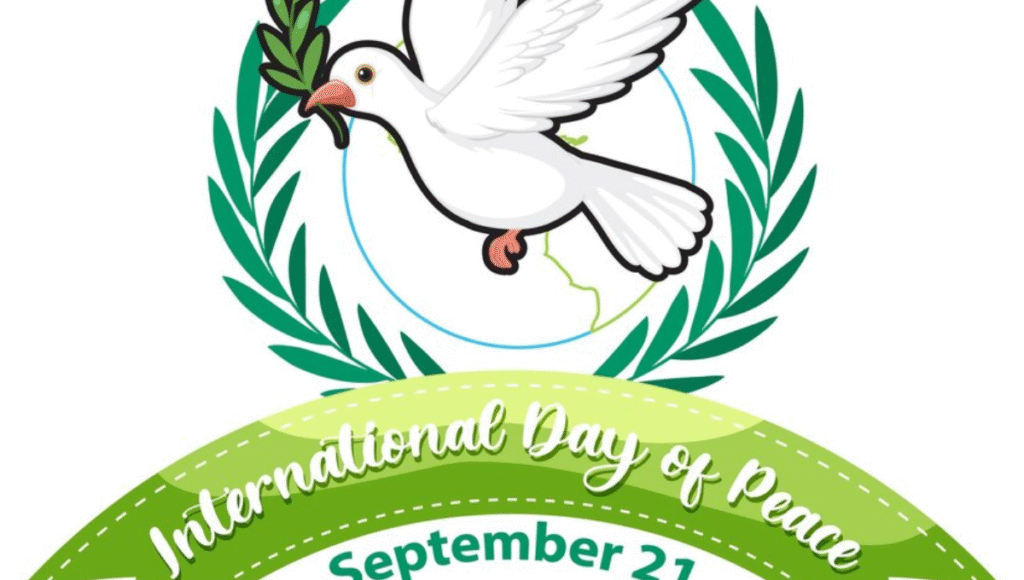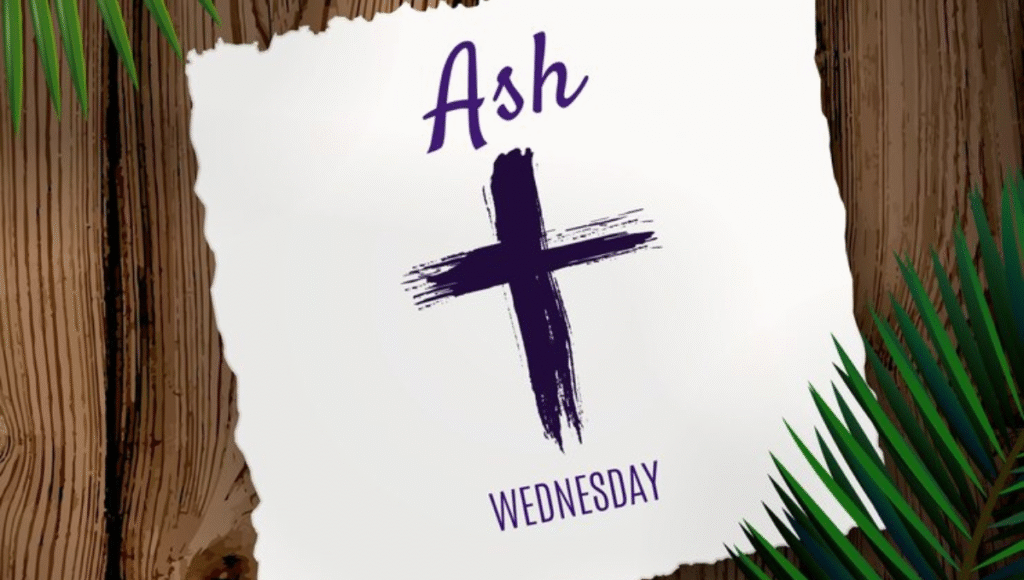The phrase Adonai Shalom holds profound spiritual significance, rooted in Hebrew tradition and widely recognized in Jewish and Christian contexts. Translating to “Lord of Peace,” it combines two powerful Hebrew words: Adonai, meaning “Lord” or “Master,” and Shalom, meaning “peace,” “wholeness,” or “completeness.” This article delves into the meaning, cultural importance, and practical applications of Adonai Shalom, offering insights for those seeking spiritual understanding in the USA. Whether you’re exploring its biblical origins or looking to incorporate its essence into daily life, this guide provides a comprehensive look at Adonai Shalom.
Must Read: Anonymous Posting: Benefits, Risks, and Tips for Safe Use
What Does Adonai Shalom Mean?
Adonai Shalom is a compound phrase that reflects divine attributes. Adonai is one of the sacred names of God in Judaism, used to express reverence and authority. It appears frequently in the Hebrew Bible, often in place of the Tetragrammaton (YHWH) to avoid pronouncing God’s ineffable name. Shalom, on the other hand, is a multifaceted term. Beyond “peace,” it conveys harmony, prosperity, and spiritual fulfillment.

Together, Adonai Shalom portrays God as the source of ultimate peace—a peace that transcends human understanding. In the Bible, this concept is evident in verses like Judges 6:24, where Gideon builds an altar called Yahweh Shalom (a related term) after encountering God’s presence, signifying divine reassurance and tranquility.
The Biblical Context of Adonai Shalom
The phrase Adonai Shalom is not explicitly used in the Bible, but its components are deeply embedded in scripture. For example:
- Adonai: Psalm 110:1 refers to “The Lord (Adonai) said to my Lord,” highlighting God’s sovereignty.
- Shalom: Numbers 6:24-26, the Priestly Blessing, invokes peace: “The Lord bless you and keep you… and give you peace (shalom).”
The combination of these terms reflects God’s role as a bringer of peace. In the New Testament, Jesus is often associated with peace, as in John 16:33: “I have told you these things, so that in me you may have peace.” For Christians in the USA, Adonai Shalom may resonate as a bridge between Old Testament theology and New Testament teachings.
Cultural and Spiritual Significance in the USA
In the USA, where 70% of the population identifies as Christian and approximately 2% as Jewish (Pew Research Center, 2020), Adonai Shalom holds diverse meanings. For Jewish communities, it underscores God’s covenantal promise of peace, often invoked in prayers like the Amidah. For Christians, it aligns with the concept of Jesus as the “Prince of Peace” (Isaiah 9:6).
Interfaith dialogue in the USA has also popularized terms like Adonai Shalom, especially in communities promoting unity and reconciliation. For example, many American synagogues and churches incorporate Shalom into peace-building initiatives, reflecting the term’s universal appeal.
Practical Applications: Incorporating Adonai Shalom into Daily Life
Adonai Shalom is more than a theological concept; it offers practical ways to cultivate peace. Here are some tips to embody its essence:

- Prayer and Meditation: Begin your day with a prayer invoking Adonai Shalom, asking for inner peace. For example, recite Numbers 6:24-26 or a personal prayer like, “Adonai Shalom, grant me your peace today.”
- Mindfulness Practices: Engage in mindfulness to reflect Shalom‘s sense of wholeness. A 2021 study by the American Psychological Association found that mindfulness reduces stress by 14% on average.
- Community Involvement: Join local interfaith or peace-building groups. In the USA, organizations like the Interfaith Alliance promote harmony, aligning with the spirit of Adonai Shalom.
- Acts of Kindness: Small gestures, like volunteering or helping a neighbor, foster communal peace. According to a 2022 Harvard study, acts of kindness increase personal well-being by 10%.
Example: A Personal Story
Sarah, a 34-year-old teacher from Chicago, began incorporating Adonai Shalom into her life after a stressful year. She started each morning with a brief meditation, repeating, “Adonai Shalom, fill me with your peace.” Over time, she noticed improved focus and reduced anxiety. Sarah also joined her church’s outreach program, which strengthened her sense of community and purpose.
Statistics on Peace and Spirituality in the USA
- Stress and Peace: A 2023 Gallup poll found that 49% of Americans report frequent stress, highlighting the need for spiritual practices like those inspired by Adonai Shalom.
- Religious Engagement: 47% of Americans say religion is “very important” to them (Pew Research, 2020), suggesting a receptive audience for concepts like Adonai Shalom.
- Interfaith Growth: The number of interfaith organizations in the USA has grown by 20% since 2010, according to the Pluralism Project.
Common Questions and Answers About Adonai Shalom
- What is the origin of AdonaiShalom?
AdonaiShalom originates from Hebrew, combining Adonai (Lord) and Shalom (peace). While not a direct biblical phrase, it reflects themes in scriptures like Judges 6:24 and Numbers 6:26. - How is AdonaiShalom used in worship?
It’s often invoked in prayers, meditations, or sermons to emphasize God’s peace. Jewish services may use it in blessings, while Christians may reference it in teachings about divine tranquility.

- Can non-religious people use AdonaiShalom?
Yes, Shalom as a concept of peace and wholeness is universal. Non-religious individuals can adopt its principles through mindfulness or community-building activities. - How does AdonaiShalom differ from other names of God?
Unlike names like El Shaddai (God Almighty), AdonaiShalom specifically emphasizes God’s role as a source of peace and harmony, highlighting a nurturing attribute. - Are there modern songs or books about AdonaiShalom?
Yes, contemporary worship songs like “Shalom” by Joshua Aaron and books like The Peace of God by Rabbi Jonathan Sacks explore themes related to AdonaiShalom.
Call to Action
Embrace the peace of Adonai Shalom in your life today. Start by setting aside five minutes for prayer or meditation, reflecting on the meaning of divine peace. Join a local interfaith group or volunteer in your community to spread Shalom. For more resources, explore books on Hebrew spirituality or visit websites like the Interfaith Alliance (interfaithalliance.org) to connect with others pursuing peace. Let Adonai Shalom guide you toward a life of harmony and purpose.










